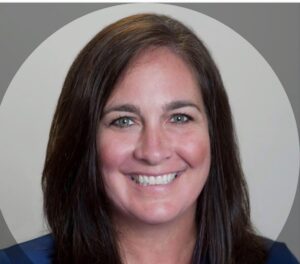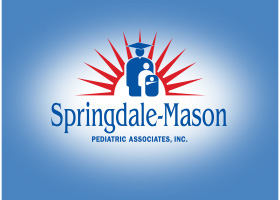Our Behavioral Health Therapist
Behavioral health concerns often arise in childhood and can impact a child/teen’s functioning. To help with these common concerns, we have a behavioral health specialist on our team. Our specialist will focus on your child’s psychosocial functioning and help teach you and your child strategies to reduce symptoms.
Common Pediatric Behavioral Health Concerns
- Anxiety
- Depression
- Behavior Problems
- Adjustment Concerns
Cognitive Behavioral Therapy FAQ’s
What is Cognitive Behavioral Therapy (CBT)? CBT is the treatment that works best for several mental health conditions. It involves working on how your thoughts, behaviors, feelings, and how your body feels all go together in a system. We know that they are all connected, and that if we change one of those things, all the rest of them change too. With CBT you will learn how you can calm your body down, do a different activity, and handle your upsetting thoughts. It does not mean your upsetting feelings will go away altogether, but just that they will be less loud and distracting. Over time, you’ll pay less attention to them, and more attention to the fun things you are doing or what you are learning in school.
What will we do in sessions? CBT sessions will focus on development and practice of skills to help manage big emotions. Sessions will be structured and active, not just talking or playing. You can expect to have homework after each session to practice these skills when you are outside of the therapy office.
How long will treatment last? Treatment is typically short-term, about 4-6 sessions. Your therapist will teach you all the strategies and help you figure out how to use them outside of therapy. The goal is actually to help you use all the information you learn and then not need to come in anymore. You can return in the future if you experience a new problem or regression. If brief CBT does not meet your needs, we will discuss referrals.
How often will we meet? We usually recommend weekly to every other week treatment at the beginning, and then as you are learning how to use all the skills, we will meet less frequently. Your therapist will work with you and your parents to decide how often to meet.
What about my parents? Parents are usually actively involved in this treatment as teammates to help their children use the suggested strategies. Your therapist will help decide exactly how parents will be involved.
What about missing school? There are some after school appointments available; however, these are high demand, and we cannot guarantee all of your appointments will be outside of school hours. School notes are available as these are considered excused absences. Consider appointments at the beginning or end of the school day or during non-essential classes. Also remember that this is short-term treatment; we want you to feel better faster so that you do not need to come in for therapy anymore.
Meet Our Behavioral Health Therapist

Shannon Kiniyalocts, LISW-S
Shannon grew up in Butler County, Ohio and received her Bachelors at Miami University and her Masters at the University Of Cincinnati in 2015. Throughout her 30 + years as a Social Worker, she has had many years of experience in a multitude of different roles. She is non-judgmental, authentic, and empathetic. She wants to assist you in meeting your goals.
Outside the office Shannon enjoys spending time with her husband and two children. She enjoys the outdoors, walking, riding horses, music, and traveling.


